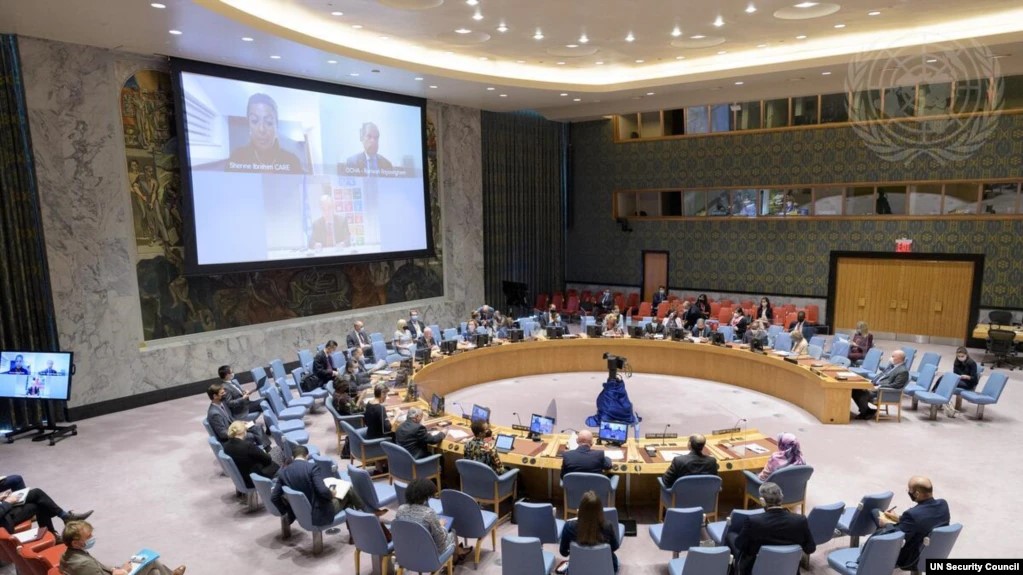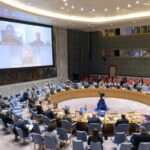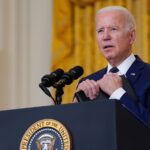In the past few days, along with evacuating foreign nationals and at-risk Afghans, the United States and other countries were also ending their diplomatic presence in Afghanistan.
In the past two decades, Afghanistan became a focus for the world and 36 countries opened their embassies in Kabul. In return, Afghanistan opened 71 embassies and general consulates in those countries.
Currently, most of these countries, including the United States and the United Kingdom, have suspended their diplomatic presence in Afghanistan.
Political analysts said that the closure of embassies will isolate Afghanistan and that if Afghanistan loses international support, the country will face a deep crisis.
The analysts say it will take time for countries to reestablish diplomatic ties with the future government.
“Up until now, 40 countries of the world had military cooperation with Afghanistan. It will take time for military cooperation to change into political relations,” said Mohammad Sediq Patman, a political analyst.
Meanwhile, the Taliban has called on nations, especially the United States, to resume diplomatic relations with Afghanistan.
Taliban spokesman Zabihullah Mujahid said they expect the United States to restart its diplomatic mission in Kabul.
“America should have only a diplomatic presence in Kabul. We have communication channels with them and we expect them to reopen their embassy in Kabul and we also want to have trade relations with them,” Mujahid said.
Other than Pakistan, the United Arab Emirates, and Saudi Arabia, no country recognized the Taliban government in the 1990s, and the Taliban wants the international community to recognize them this time.
“We promise to the world, regional countries and neighboring countries that Afghanistan’s soil will not be used against them. The world should recognize the Afghan government and cooperate with us on reconstruction and with investments,” said Ahmadullah Wasiq, a member of the Taliban’s cultural commission.
Meanwhile, Afghanistan residents also voiced their concerns over the closing of embassies, saying that a diplomatic mission’s presence is necessary for communicating with the world.
“Having relations with the world is important. It is these diplomatic relations and embassies that connect us with the world. Today Afghanistan needs the world’s cooperation more than ever,” said Noor Agha, a Kabul resident.
“Diplomatic relations are a principle aspect of a government. The future government and the Taliban must be committed to this principle,” Ahmadullah, another Kabul resident said.
The international community and the United Nations, however, have made their diplomatic relations with the future government conditional on the Taliban’s actions and implementation of promises.













